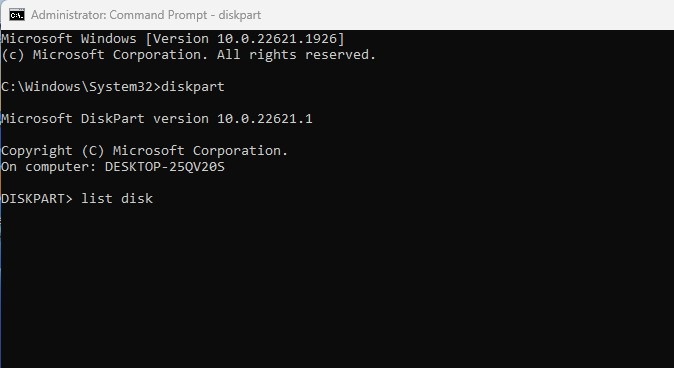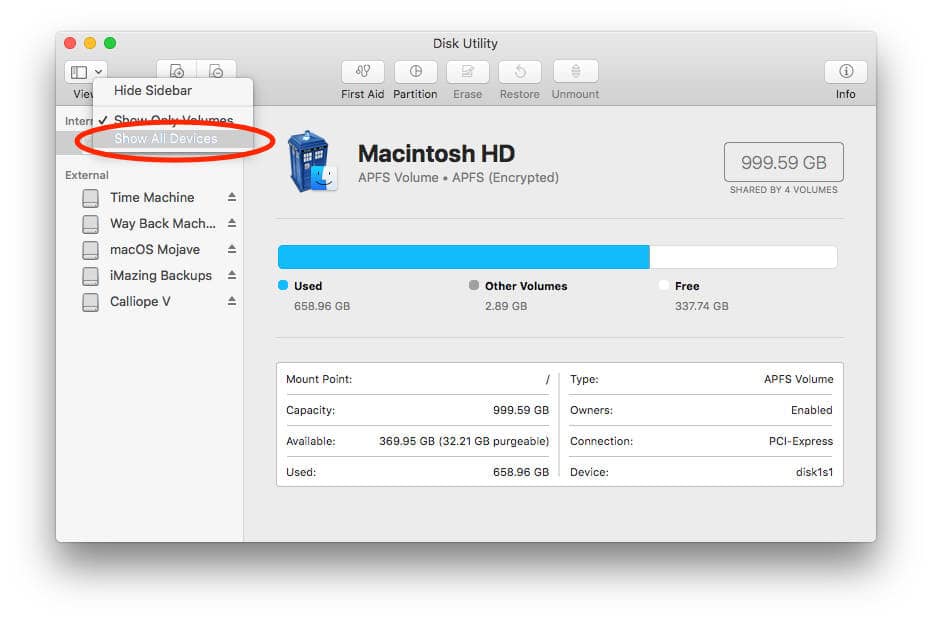
:max_bytes(150000):strip_icc()/windowsdiskpartcommand-5c5c66379dfc4586ba46685afed2e3de.jpg)
QED was an abandoned enhancement of qcow2. It has been superseded by qcow2, which VirtualBox does not support. QCOW is the old original version of the qcow format. This probably isn't suitable for you, especially considering that VirtualBox only supports an old version of the HDD format. Parallels specializes in virtualization for macOS. Windows Server 2012 introduced VHDX as the successor to VHD, but VirtualBox does not support VHDX. VHD is the native format of Microsoft Virtual PC. This format might be the the best choice for you because you want wide compatibility with other virtualization software.

VMDK is developed by and for VMWare, but VirtualBox and QEMU (another common virtualization software) also support it. Other virtualization software generally don't support VDI, but it's pretty easy to convert from VDI to another format, especially with qemu-img convert.

VirtualBox supports snapshotting of all six formats. HDD, QCOW, and QED have to be dynamically allocated if created in VirtualBox. VMDK has an additional capability of splitting the storage file into files less than 2 GB each, which is useful if your file system has a small file size limit.

VDI, VMDK, and VHD all support dynamically allocated storage. However, the file system is not supported by many older systems.Source: Oracle® VM VirtualBox® User Manual » Chapter 5. In theory, data capacity of up to 2 TB is possible, but Microsoft has limited the partition size in newer systems to 32 GB in order to promote the modern NFTS format.ĮxFAT is a further development of FAT that in principle offers unattainable storage and data capacity. The maximum data size is limited to 4 GB in the latest version FAT32. It is not supported by many applications.įAT is a file system developed by Microsoft that is also supported by Linux and macOS. Mac OS Extended (Journaled) with the addition that the file system can differentiate between upper and lower case (e.g. HFS+ or Mac OS Extended (case-sensitive and journaled) Windows/Linux devices are only able to read but not write on USB sticks in this format. A file system developed by Apple that is particularly suited to data media with large memory capacity.


 0 kommentar(er)
0 kommentar(er)
